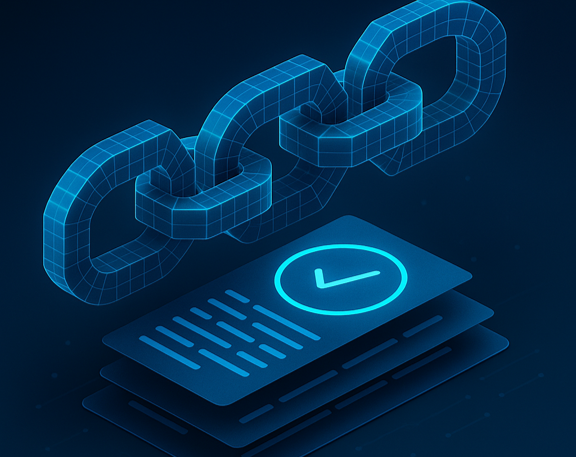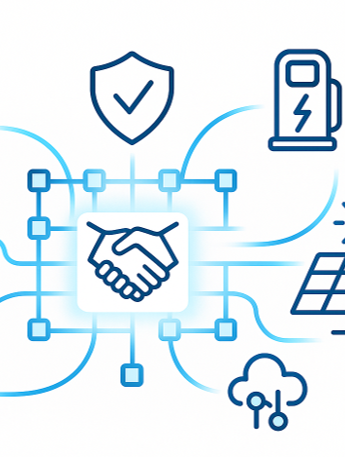Blockchain & Ledger Capabilities
As energy systems become more distributed, interconnected, and multi-stakeholder, the need for verifiable, tamper-resistant coordination grows.
While not required for all deployments, the platform includes an optional distributed ledger layer to support trusted data sharing, automated contracts, and auditability across markets and organizations.


Blockchain: Why a Ledger?
Many modern energy transactions involve:
A blockchain or distributed ledger provides:
Blockchain: Platform Capabilities
This feature is particularly valuable for pilots, government-regulated programs, or any environment where auditability, automation, and cross-party integrity are critical.

